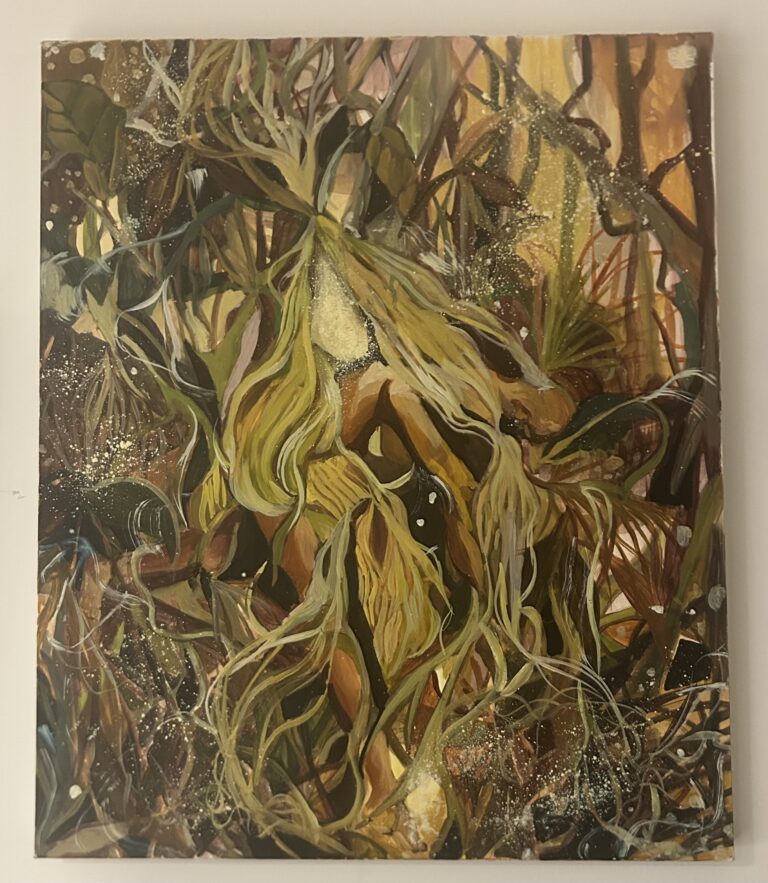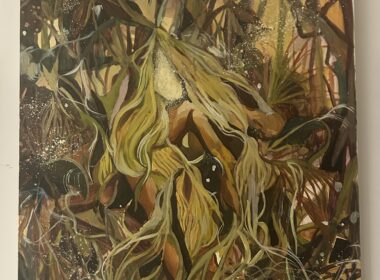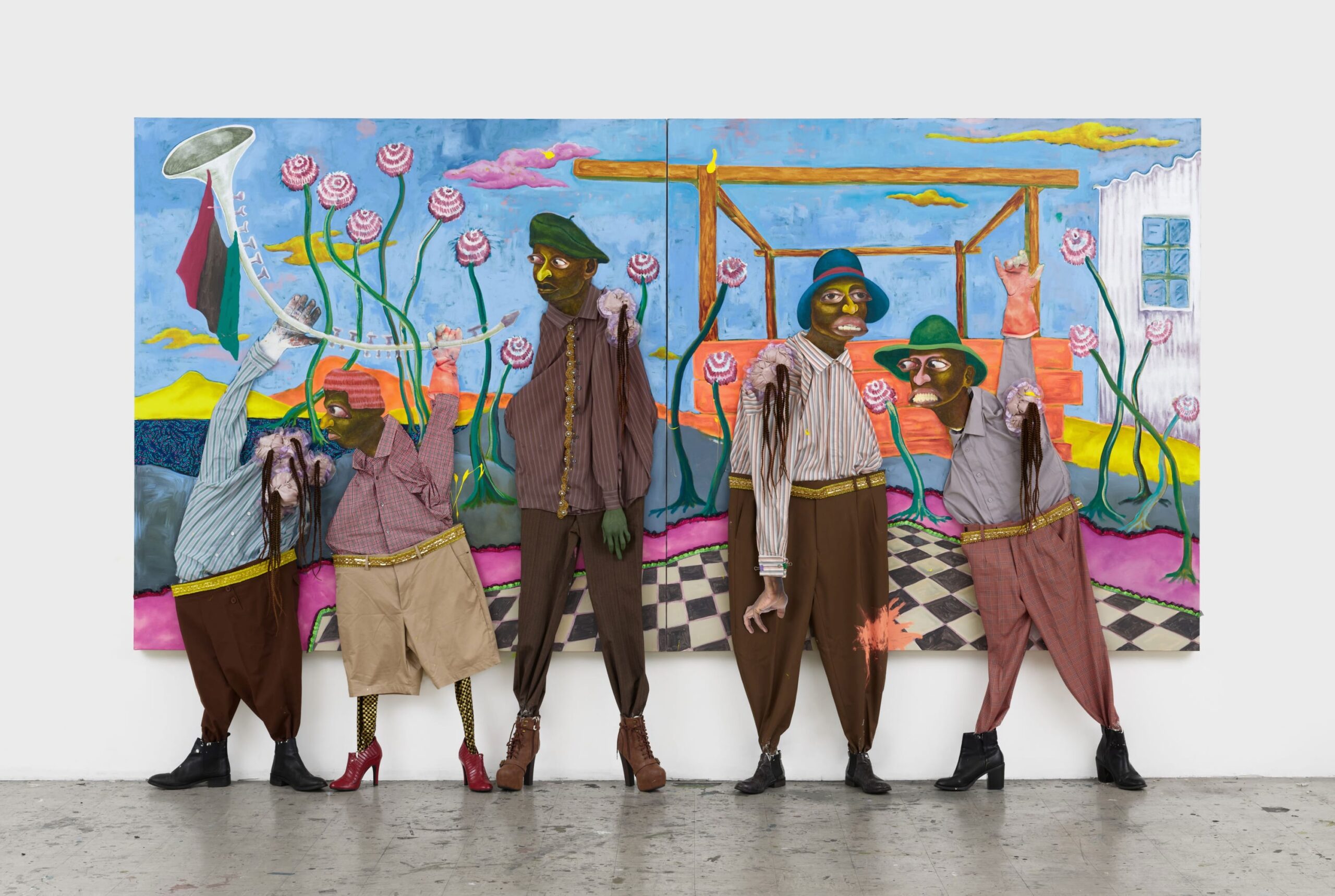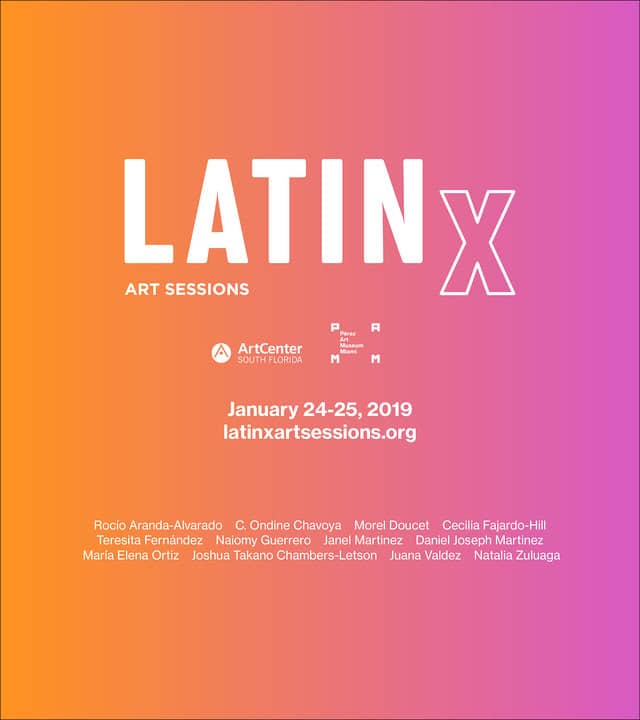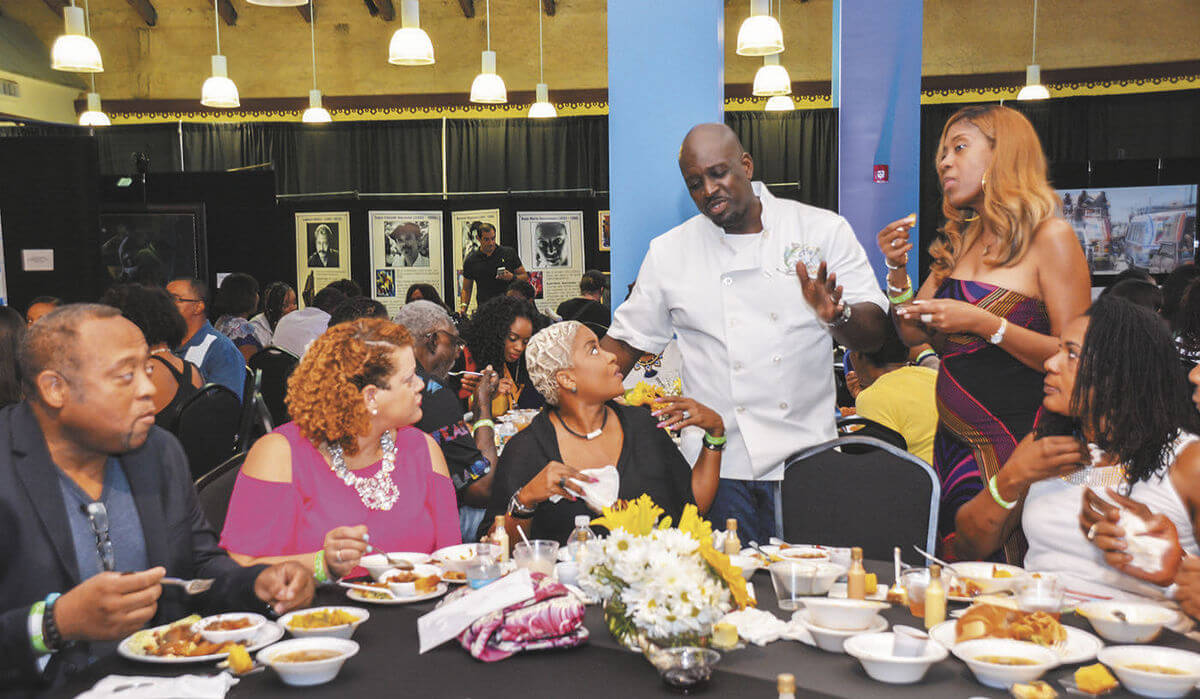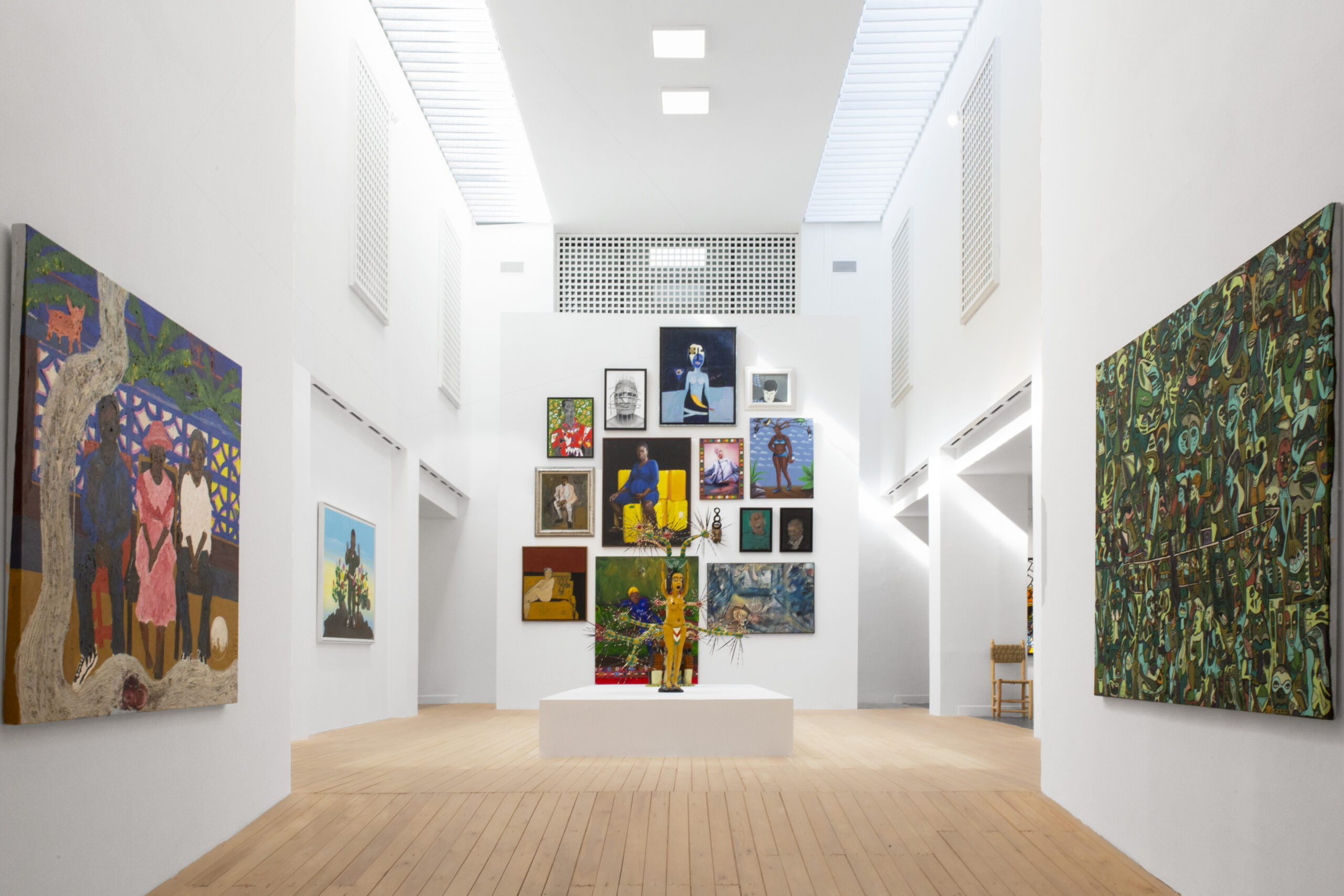This week on the African art and culture scene: Simphiwe Ndzube is interrogating indigenous belief systems around witchcraft in his surrealistic paintings, presented in a solo show in South Africa. In Accra, ADA\contemporary art gallery presents a second show since its launch in October.
In the literary space, poets and fiction writers have bagged renowned awards and fellowships, while we see some of Africa’s best designers and musicians vie for some of the most recognized awards in the world.
Simphiwe Ndzube’s The Fantastic Ride to Gwadana at Stevenson, Johannesburg
New works by South African artist Simphiwe Ndzube are on view for the first time at Stevenson Johannesburg, in anexhibition titled, The Fantastic Ride to Gwadana. Featuring large-scale paintings hinting at surrealism, Ndzube explores and interrogates the mystical and indigenous belief systems around witchcraft.
In South Africa and other developing countries, there is a general belief, particularly in rural areas, that various forms of misfortune such as illness and poverty are related to witchcraft. This has given rise to violent persecution of women, especially the elderly, who are identified as witches.
Explaining further on the theme of this body of work, Ndzubesaid he is interested in witchcraft as it relates to explorations and adventures into the fantastical and the imaginary world;its connection to magical realism and the postcolonial experience of people; the relationship between traditional values and Western modernity, and the boundaries between the thinkable and unthinkable, the visible and the invisible.
Gwadana references a place in the Eastern Cape, that has come to be associated as a mecca for witches. This stigma associated with the place has resulted in secrecy and dissociation by those who grew up there.
The figures in Ndzube’s paintings appear simultaneously masculine and feminine in their grotesque revelries, convey a setting wherein the sexes might have a chance to transcend traditional, divided gender roles. The neon cloudscapes of previous bodies of work are replaced with fluorescent mountains and vegetation flanked by corrugated iron, as the artist offers a terrestrial perspective of the Mine Moon anchored in the economically deprived portions of South Africa, where ideas about Gwadana and witchcraft have often arisen. Based on this, the artist utilizes Gwadana as a portal to explore the concept of fantasy and the way it plays out in real life.
Also accompanying The Fantastic Ride to Gwadana is a soundscape created by the artist in collaboration with Thabo K Makgolo and Zimbini Makwethu. This experimental work explores acoustic elements evocative of sorcery, witch-hunting and creatures that fly at night. Ndzube describes the sound piece as “celebratory, a protest and an outcry against misjudgments of character and ultimate injustice against women, especially the elderly, who are often associated with witchcraft.” This is the first time Ndzube is interpreting his work in sound.
The Fantastic Ride to Gwadana is on view until Jan. 22, 2021 but will close for the holidays on Dec. 15, to reopen Jan. 7, 2021.
The Politics of Space in Eniwaye Oluseyi’s Solo Show at ADA\contemporary, Accra
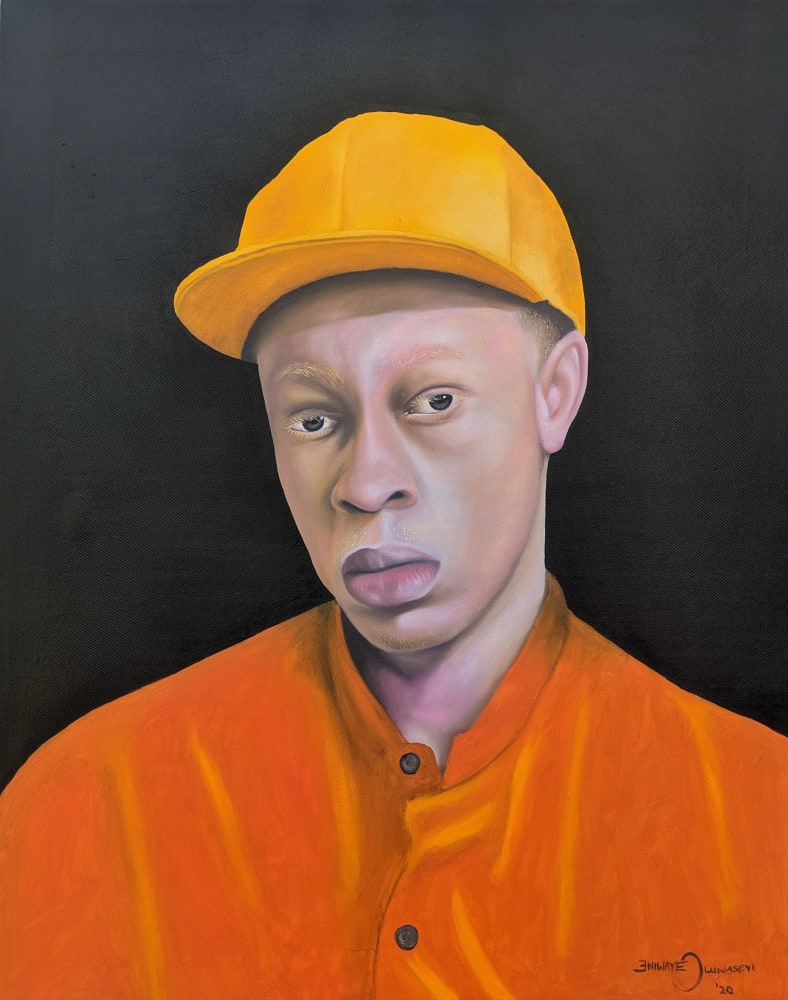
ADA\ contemporary art in Accra, Ghana recently welcomed visitors to see new works by Nigerian artist EniwayeOluwaseyi in a solo show titled, The Politics of Shared Spaces. Presented here are portrait paintings highlighting the identities, narratives and power struggles formed within the different frameworks that define a shared space whether it be a shared living space; a shared mindset; a shared community or our shared transience. He examines the way social and political identities are defined and questions the embodiment of communal arenas—both physical and metaphorical—in regard to narratives of race and class.
Oluwaseyi creates vivid and bold compositions in order tocapture each of his subjects in a less dominant manner toallow for focus on the uniqueness of our co-existence. The paintings in this exhibition are influenced by issues ofinjustice, racial conflict and the pressures of living a modern life within traditional societal norms. Working with oil painton canvas, he portrays his subjects to be at once vulnerable and powerful.
Eniwaye Oluwaseyi navigates through the intricate struggles that form the backbone of individual tales of existence to tell the stories of the unheard in society. His artworks are layeredwith the struggles and experiences of individuals, evoking strong feelings of hope and redemption in the minds of viewers who connect with his pieces.
The Politics of Shared Spaces can be viewed until Jan. 10, 2021.
Jumoke Verissimo’s A Small Silence Wins the Aidoo-Snyder Prize for Best Creative Work
Nigerian writer Jumoke Verrisimo has won the 2020 Aidoo-Snyder Prize for Best Creative Work for her debut novel, A Small Silence. The novel won for its moving portrait of post-traumatic stress disorder, its believable point of view, its connections to real-world problems, its engaging depictions of everyday life, its lyrical style and its sense of humor.
The Aidoo-Snyder book prize, named in honor of celebrated Ghanaian author Ama Ata Aidoo and Margaret Snyder, who is the founding director of UNIFEM, is awarded by the Women’s Caucus of the African Studies Association for an outstanding book that focuses on the experiences of African women. Winners receive a cash prize of $500.
Runner-ups for the prize include Peace Adzo Medie for His Only Wife and Gabeba Baderoon for The History of Intimacy.
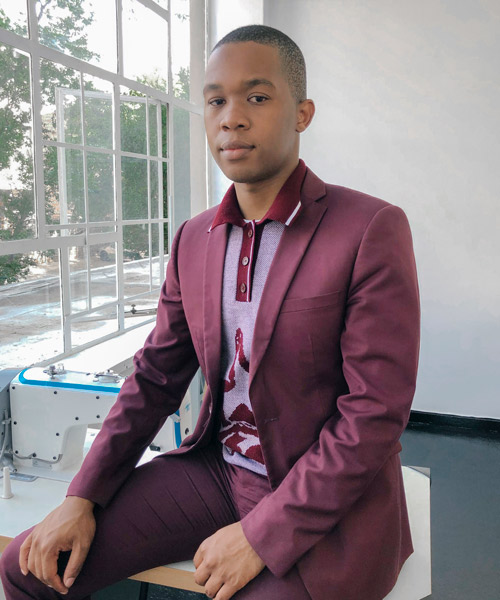
A Small Silence, published by Cassava Republic Press, tells the story of two characters coming to terms with deep-seated traumas, whose worlds are bound to change forever when they finally connect.
Verissimo is also a poet with two published collections. She is currently a doctoral student in the Department of English and Film Studies at the University of Alberta, Canada.
Hanif Abdurraqib and Novuyo Rosa Tshuma ReceiveLannan Literary Fellowships 2020
Hanif Abdurraqib and Novuyo Rosa Tshuma have beenannounced the recipients of the 2020 Lannan Literary Fellowships for poetry and fiction, respectively.
The Lannan Literary Awards and Fellowships were established in 1989, to honor both established and emerging writers of exceptional and outstanding work. The awards recognize writers who have made significant contributions to English-language literature and whose distinctive literary merit demonstrates the potential for continued outstanding work.
Some previous recipients include Mahmoud Darwish, Roxanne Dunbar-Ortiz, Arundhati Roy, Bryan Stephenson, and Cornel West.
Other recipients for the fellowships and the award announced are Nguyễn Phan Quế Mai (Fiction, Fellowship), Rigoberto González (Poetry, Fellowship), Isabella Hammad (Fiction, Fellowship), and Carolyn Forché (Poetry, Award)
Novuyo Rosa Tshuma is a Zimbabwean writer based in the U.S. who wrote the novella, Shadows (2013) and the novel,House of Stone (2018).
Hanif Abdurraqib is a poet, essayist and cultural critic. He is the author of a poetry collection published in 2016 titled, The Crown Ain’t Worth Much (published as Hanif Willis-Abdurraqib), a 2017 essay collection titled, They Can’t Kill Us Until They Kill Us, a 2019 non-fiction book, Go Ahead in the Rain: Notes to a Tribe Called Quest and the 2019 poetry collection, A Fortune for Your Disaster.
Thebe Magugu and Kenneth Ize Are Finalists inInternational Woolmark Prize
South African fashion designer, Thebe Magugu, and Nigerian designer, Kenneth Ize have been listed among the six finalists in the 2021 International Woolmark Prize. The other four finalists are Bethany Williams and Matty Bovan from the U.K., Marie-Eve Lecavalier from Canada and Charaf Tajerfrom France.
The prizes include the International Woolmark Prize,featuring AU$200,000 (approximately U.S. $145,000) for business investment, and the Karl Lagerfeld Award for Innovation that awards AU$100,000 (approximately U.S. $72,000). The International Woolmark Prize is the longest standing prestigious prize for emerging fashion designers. High fashion designers such as Karl Lagerfeld and Yves Saint Laurent were the first winners of the prize in 1954.
Thebe Magugu is a South African luxury fashion brand primarily operating within the field of women’s ready-to-wear, while having a firm footing in accessories and small multidisciplinary projects. He uses innovative and precise references to create storytelling that informs and educates people about the brand’s cultural heritage and usestechnological advances via an NFC chip to tell that story.
Kenneth Ize and his eponymous label focus on reinterpreting Nigerian craft to create an original perspective on luxury production within textiles and fashion. He merges new design aesthetics with a specifically local handcraft practice. By exploring and nurturing existing cultures, the brand hopes to reveal exciting territory for creating and inspiring future traditions.
The six finalists were selected from 380 applications across 55 countries. Former supermodel Naomi Campbell was part of the selection committee. Winners will be announced early next year.
Burna Boy, Tinariwen, and Michael Kiwanuka Are 2021 Grammy Nominees
The nominations for the 2021 Grammy Awards have been released. The awards show, which will be hosted by Trevor Noah, will see some of the world’s biggest artists up for categories like Album of the Year, Song of the Year, Record of the Year and Best New Artist.
The Grammys have renamed the international category of Best World Music Album to Best Global Music Album, to reflect modernity and inclusivity. In this new category,Nigerian Afro-fusion singer Burna Boy has been nominated alongside the rock group Tinariwan, who are Tuareg musicians from the Sahara Desert region of Mali, New York City Afrobeat outfit Antibalas, Brazilian-American Bebel Gilberto and British-Indian sitar player Anoushka Shankar.
Another notable nominee is the British-Ugandan Michael Kiwanuka for Best Rock Album, competing with FontainesD.C., Grace Potter, Sturgill Simpson, and The Strokes. This year in particular has been a tremendous one for Kiwanuka. In September, we wrote about his winning the £25,000 (U.S. $31,855) Mercury prize for his third album titled, Kiwanuka. Notwithstanding, here is hoping he wins the Grammy as well.
Compiled by Roli O’tsemaye
